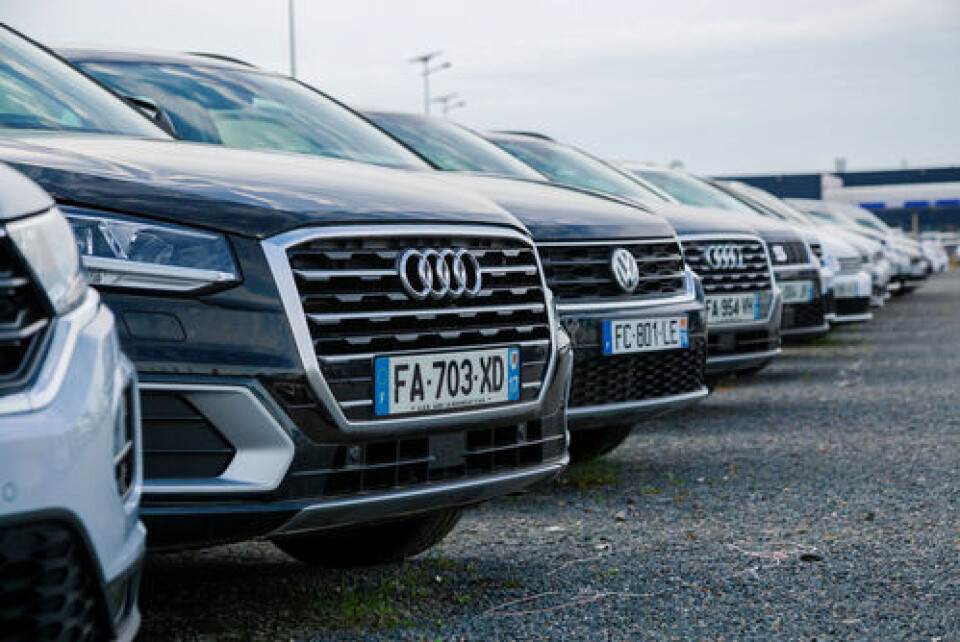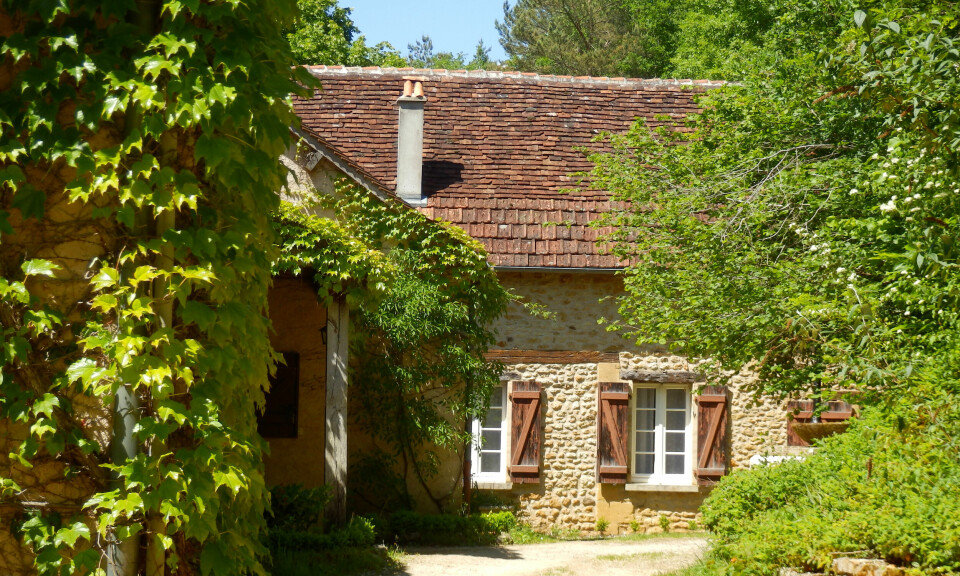-
Map: Car insurance costs rise in France - see the average in your region
Multiple studies show that costs are rising by around 5% year-on-year, with major differences by region and vehicle model
-
Tips to save money when hiring a car in France
From comparing deals to private swaps, and checking for extra costs and insurance, here is how
-
Car fuel prices are rising in France: This is why - but will it continue?
Prices of diesel and petrol have been rising since last year
Second-hand cars cost 30% more in France than in 2020
Car valuation magazine l’Argus has only adjusted its depreciation rate twice before, for World War Two and the Covid lockdown

The cost of second-hand cars in France has soared in the last two years – so much so that motoring magazine l’Argus has been forced to adjust its historic depreciation rating.
‘Argus prices’ are used both as a reference for second-hand dealers, like the ‘Blue Book’ favoured by garages in the UK, and by individuals wanting to sell their cars.
For a fee of around €10, the Argus website will provide a vehicle valuation based on a depreciation rating that has existed since the 1930s.
This downward curve starts from the sale price of a new vehicle and is not related to the market, only to the absolute depreciation of a car.
Small ads for cars often mention that the price is ‘Argus’, or even ‘below Argus’ when a quick sale is desired.
L’Argus is now owned by a Norwegian company called Adevinta, which also owns classified ad website Le Bon Coin.
Its vice-president of French mobility, Olivier Flavier, said in a statement on the Argus website that its data show that the price of second-hand vehicles in France has climbed by 32% over the last two years.
‘Unprecedented rise’
“It is an unprecedented rise,” he said.
“For this reason, the curve of depreciation of second-hand vehicles used by l’Argus has been adjusted.”
Mr Flavier said the depreciation curve had been touched only twice in its history – during World War Two and for a two-month period during the Covid lockdown to keep value in the market.
After the lifting of Covid restrictions, however, the company noticed that the gap between the market value of a car and its own ratings, which are necessarily lower, was becoming too great.
So, from the middle of last year, it has slowly been adjusting its depreciation curve until, by the start of January, its prices were once again in line with the market.
Number of explanations
There are a number of explanations for the rise in price of second-hand cars.
During lockdown, very few cars were sold, and so when restrictions were lifted, there was pent-up demand from buyers.
At the same time, government grants encouraging drivers to switch to less polluting vehicles were extended to include second-hand cars where previously they had only applied to new.
Read more: Recap: 2023 French state aid for switching to a less polluting car
Under the terms of the prime à la conversion – aimed at people buying electric, hybrid or hydrogen-powered cars – or the bonus écologique, to buy more modern petrol or diesel cars, the old car had to be scrapped, meaning fewer cars in the market.
Another factor has been a delay in new car deliveries, mainly due to a shortage of electronic components from China and other Asian suppliers, forcing drivers and fleet managers to hold on to cars for longer than usual.
Mr Flavier said the used car market had seen a significant narrowing of the price difference between buying from private sellers and professionals.
In France, professionals are regulated, check cars before selling them, and most offer guarantees of at least three months.
Before the recent shortage of second-hand vehicles, they used to charge, on average, €600 more than private sellers for comparative vehicles.
Now the difference is €200, and the number of cars sold by professionals, which used to be around a third of the market, has risen to 40%.
Mr Flavier said he expects this to continue to rise to 50%.
Related articles
Second-hand cars selling for same price as new in France
Price of car repairs and tyres rising sharply in France
























